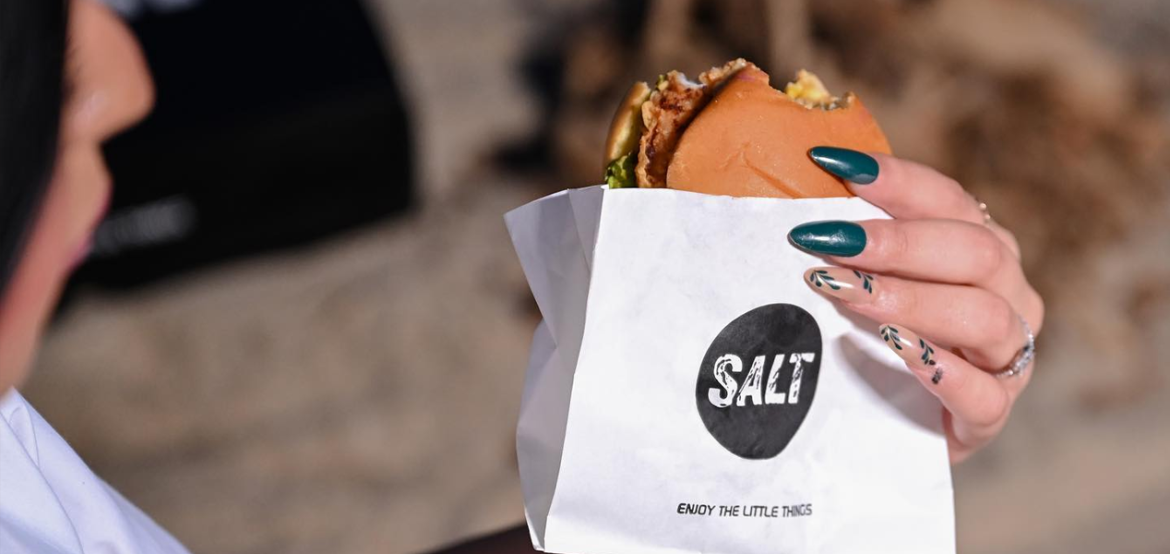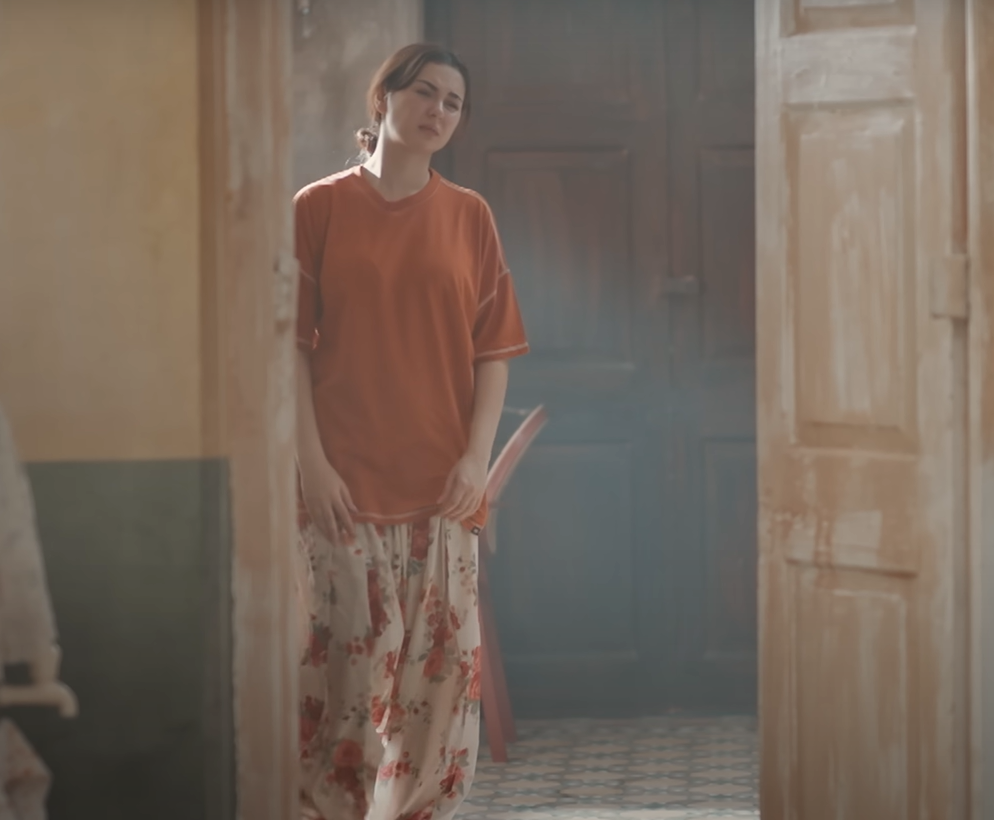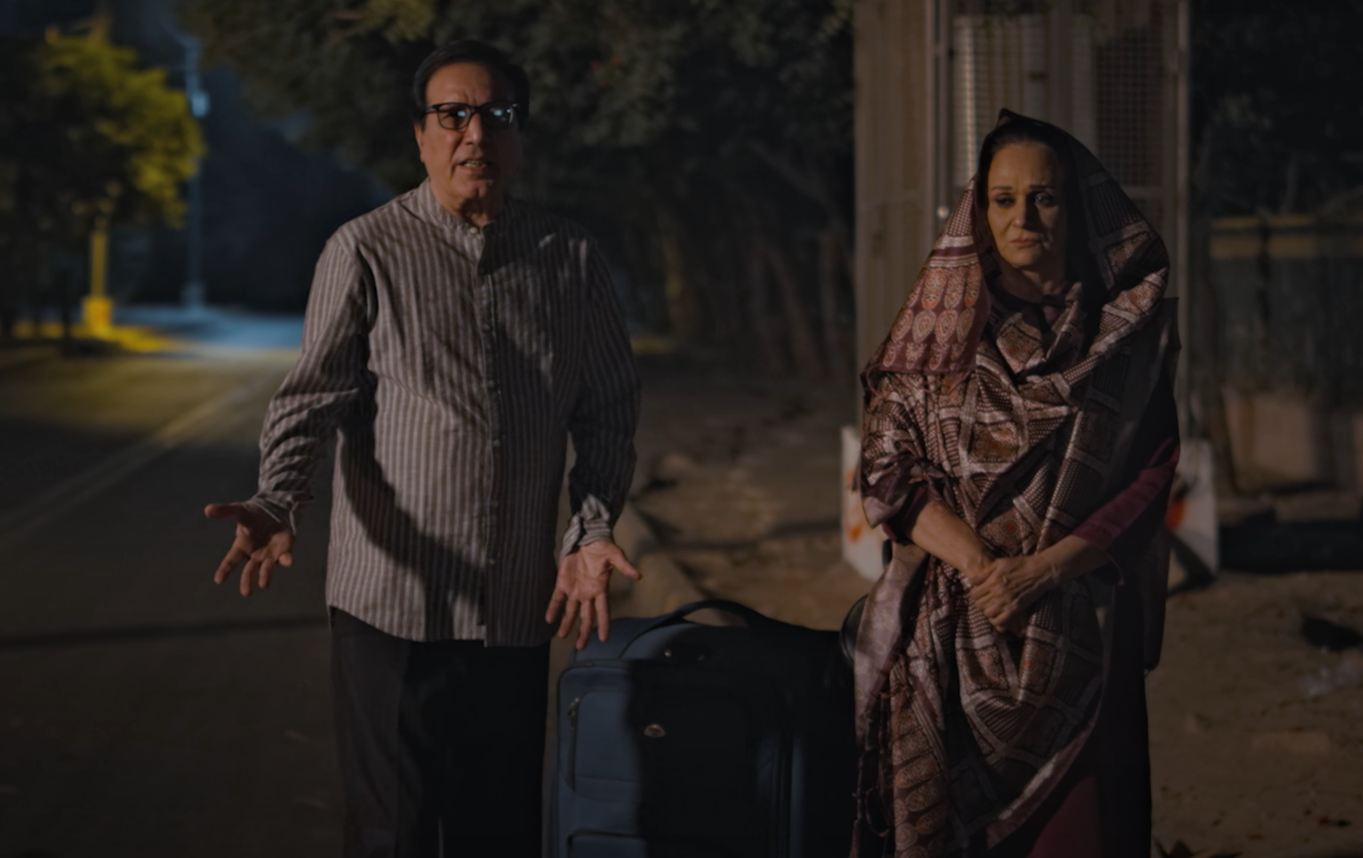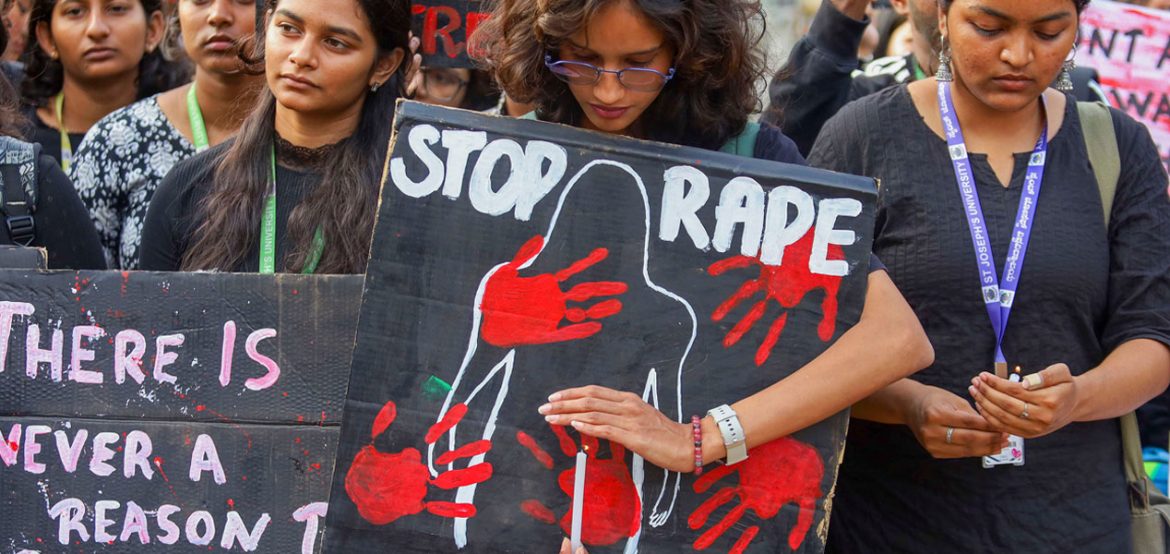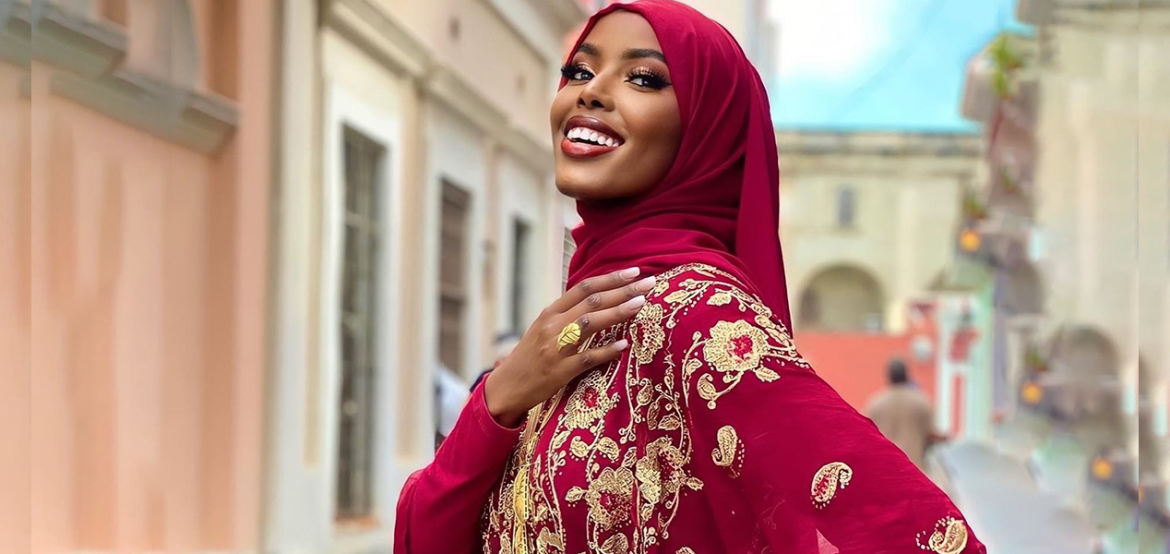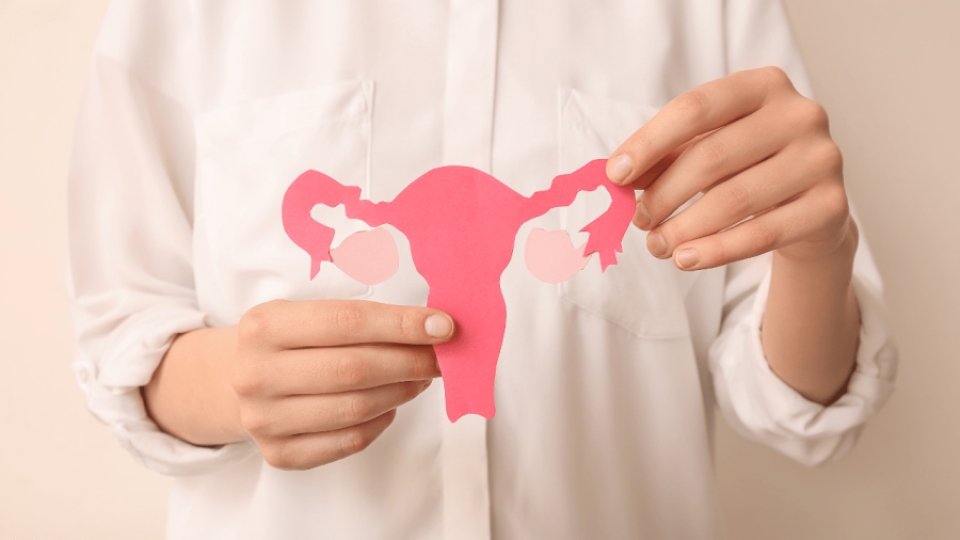Another international chain is coming soon! Salt Pakistan has announced it to open its doors soon.
Salt, an internationally recognized burger chain, began its journey in Qatar in 2005. Founded by Ali Ahmed Buhindi, Salt was a small, family-owned business with a clear mission: to serve high-quality, delicious burgers crafted with exceptional ingredients.
The idea was to create a dining experience that combined great food with a friendly, local atmosphere. Buhindi’s passion for quality led him to source the finest ingredients, including premium wagyu beef, and to focus on flavor and presentation.
This commitment quickly distinguished Salt in Qatar’s growing dining scene, drawing in a loyal following who appreciated the brand’s dedication to authenticity.
Salt’s humble beginnings in Qatar fueled its early growth as customers were drawn to the restaurant’s cozy environment, where families and friends could gather for a great meal. Word of mouth quickly spread, and what was once a local hotspot blossomed into a beloved dining destination with a strong reputation for quality.
The early success of Salt inspired Buhindi and his team to dream bigger, envisioning a brand that could offer the same unique burger experience to a global audience.
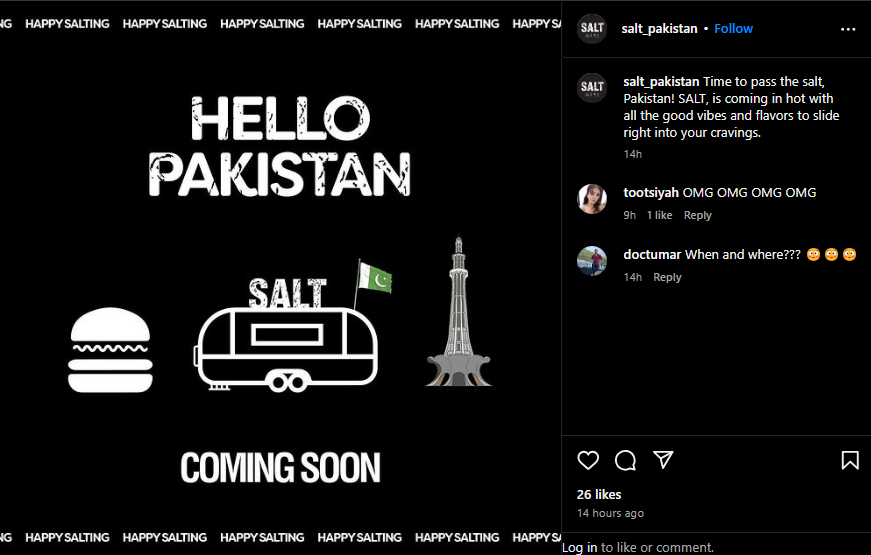
Also Read:
Dubai 2024: Exploring Dubai’s Best Fusion & Contemporary Dining!
In time, Salt expanded beyond its original location in Qatar, opening branches in Saudi Arabia, the United Arab Emirates, the United Kingdom, and Hungary.
This international growth was carefully planned to maintain the high standards of quality and service that defined Salt from the beginning. Each new location was meticulously designed to replicate the welcoming ambiance of the original Qatari establishment, ensuring that customers across the world would feel the same warmth and authenticity.
At every Salt location, patrons can expect to enjoy burgers made with the finest ingredients, following the recipes and flavors that put Salt on the map.
Despite its international expansion, Salt has stayed true to its roots. The company remains dedicated to Qatar, sourcing as many ingredients locally as possible, even as it brings its unique dining experience to customers in other countries. This commitment to local sourcing not only supports Qatari farmers and producers but also ensures that each burger served at Salt is fresh and reflective of the high standards established at its inception.
Salt’s growth and popularity are largely due to its dedication to quality and innovation within the fast-casual dining sector. The brand carefully curates its menu, and each dish is designed to elevate the burger experience with a range of thoughtfully crafted flavors and ingredients.
The company prides itself on creating a space where burger enthusiasts and casual diners alike can enjoy a memorable meal. Whether customers are in Qatar or abroad, Salt provides a consistent, high-quality dining experience that has come to symbolize the brand.
Looking ahead, Salt’s ambition to reach new markets shows no signs of slowing down. Plans are underway to bring the Salt experience to additional countries, aiming to share its passion for high-quality burgers with even more customers worldwide.
For travelers and locals alike, Salt is more than just a burger restaurant—it’s a culinary destination where quality and comfort meet. Whether you’re a die-hard burger lover or simply in search of a great meal, Salt promises an experience that blends familiar flavors with exceptional quality, making it a must-visit for food enthusiasts everywhere.
Also Read:
Meet Sarah Hamouda, The Woman Behind the Famous Viral Dubai Chocolate!
Stay tuned to WOW360.
